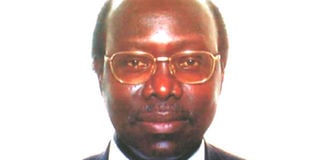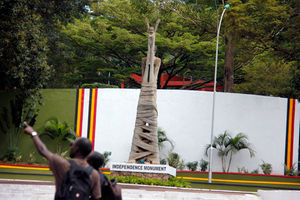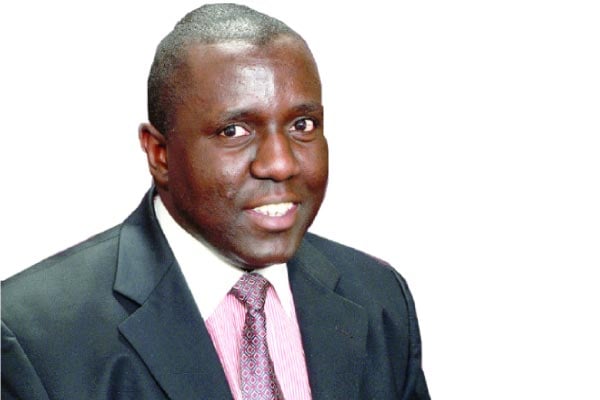
Uganda will mark the 62nd anniversary of independence on Wednesday, October 9. The national celebrations of uhuru will take place at Busikho Teachers Demonstration Primary School grounds in Masafu Town Council, Busia District.
The theme for the 62nd anniversary is: ‘Independence Day: A recommitment to secure and fortify our destiny,’ which is pertinent and timely for the challenging, difficult and uncertain times most Ugandans, especially our gallant young people are experiencing.
In 1962, two slogans accurately captured the essence, ideology, meaning and significance of independence, namely “uhuru na umoja” and “uhuru na kazi” which translates as “freedom and unity” and “freedom and work.”
These slogans symbolised the ideology and guiding principles of the struggle for independence. It is sad and painful to note that 62 years down the road Ugandans are not as united as they should be.
Nation-building continues to be a major and difficult challenge facing Uganda. From the original 18 districts in 1962 to 33 districts in 1986, Uganda is today divided into 135 small districts most of which are not economically viable.
From 82 MPs in 1962, the Parliament of Uganda has a mind-boggling 557 MPs today. The Parliament of India (Lok Sabha) has only 543 MPs for a country whose population is 1.45 billion compared to Uganda with a population of only 45 million.
Ugandans must recommit themselves to urgently address the challenge and achieve the goal of nation-building to forge a united, free and prosperous nation.
Ugandans must also recommit themselves to good governance and hard work, which is no longer appreciated and respected. The culture of kitu kidogo and stealing of public resources by the political class must be eradicated.
One lesson Ugandans should learn from Africa’s post-colonial history is that the fundamental problem of most African countries is the lack of good, honest, decent, selfless, and servant leadership.
To borrow a page from renowned Nigerian author and scholar, Chinua Achebe, the trouble with Uganda is simply and squarely a failure of leadership of a country which has been blessed generously by God with excellent climate, beautiful scenery, and abundant natural and human resources. The basic problem of Uganda is having leaders who don’t practise what they preach to the people.
On the contrary, Uganda deserves and needs leaders who lead by good example and have the political will, ability and commitment to implement public policies which advance the vital interests of the vast majority of Ugandans.
In this regard, there is an urgent need to establish correct national priorities for Uganda. During the first decade of independence the national priorities of Uganda were education, agriculture and health and annual budgetary allocation to these three sectors reflected this reality.
Annual budgetary allocation during the period 1962-1972 was on average as follows: 15-20 percent for education, 10 percent for agriculture and 10 percent for health.
I believe that education, agriculture and health are still the best and correct national priorities for Uganda and significant investment in them would guarantee rapid and meaningful economic and social development and prosperity for all Ugandans.
On the occasion of the 62nd anniversary of independence, I urge Ugandans, especially the leaders at all levels, to make genuine recommitment to nation-building efforts because a united, peaceful and prosperous country is what Ugandans deserve and desperately need.
I wish all Ugandans a happy Independence Day.








